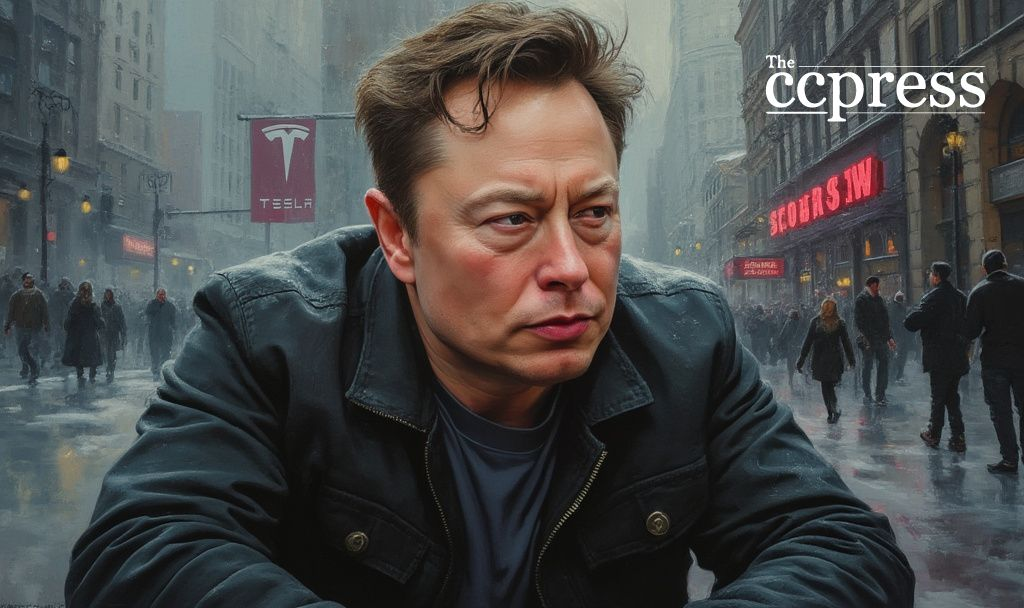- U.S. ends clean energy credits impacting Tesla Energy’s operations.
- Financial risk and operational costs increased.
- Potential reduction in U.S. green investments.

Tesla, led by Elon Musk, faces significant financial challenges with the cessation of clean energy tax credits spread across its operations.
The cessation of the Investment Tax Credit is pivotal, potentially altering investment in the renewable sector and affecting Tesla’s market trajectory.
Potential Impacts on Tesla
Tesla, led by Elon Musk, confronts shifts as the U.S. government rolls back the 30% solar and storage tax credits, reducing financial incentives. This change takes effect in 2026, impacting Tesla’s future profitability significantly.
Elon Musk, expressing skepticism about the legislation’s benefits, emphasized the fiscal challenges.
I think a bill can be big or it can be beautiful. But I don’t know if it can be both. My personal opinion.
The lost credits directly influence Tesla, as its sales of regulatory credits have previously exceeded its net income.
Wider Impact on Renewable Sector
The U.S.’s decision may slow Tesla’s clean technology advancements, with immediate effects on energy storage projects. The industry faces potential setbacks in demand for renewables.
Financial implications for Tesla and the market are significant. Reduced incentives could lead to decreased investments and affect industry dynamics.
Historical analysis shows similar cuts led to temporary decreases in renewable investments; it remains unclear how this move will shape future tech innovation in the sector.
| Disclaimer: The content on The CCPress is provided for informational purposes only and should not be considered financial or investment advice. Cryptocurrency investments carry inherent risks. Please consult a qualified financial advisor before making any investment decisions. |


























